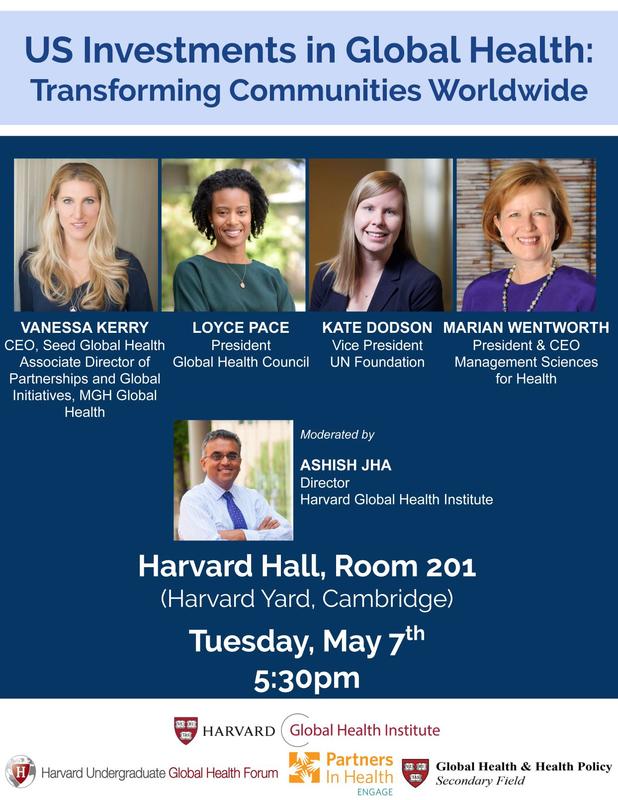“To AI or Not to AI: Image-Based Diagnostics for Post-Cesarean Delivery Infections in Rural Rwanda”
In rural Rwanda, 11% of women who deliver via c-section develop a surgical site infection (SSI). Delays in SSI diagnosis and treatment can lead to severe morbidity and mortality among mothers. Our team is assessing ways to leverage the existing network of community health workers (CHWs) to improve post-c-section follow-up with a focus on timely identification of SSIs. We will briefly discuss an image-based diagnostic tool that uses artificial intelligence to diagnose infection based on CHW-generated photos of the c-section incision. The talk will also outline the often forgotten but extremely important questions around the utility of this AI-based diagnostic tool, namely the appropriateness, value-added, feasibility, acceptability, and scalability of this intervention in the context of health care delivery in rural Africa.
Dr. Bethany Hedt-Gauthier is a Biostatistician and an Associate Professor of Global Health and Social Medicine (Harvard Medical School) and Biostatistics (Harvard Chan School). Her primary research interests include quantifying the health needs of and evaluating programs targeting marginalized populations, with a focus on global surgery research. Bethany was resident in Rwanda for 3.5 years and continues to support research capacity building work at Partners In Health/Rwanda, the University of Global Health Equity, and the University of Rwanda. She also leads research related to provision of cesarean sections and outcomes at rural district hospitals in Rwanda with co-PIs Fredrick Kateera and Robert Riviello. Dr. Rich Fletcher leads the Mobile Technology Lab based at D-Lab, which develops a variety of mobile sensors, analytic tools, and diagnostic algorithms to study problems in global health and behavior medicine. Rich has done field work in over a dozen developing countries and currently leads several research efforts in the area of global health, agriculture, environmental monitoring, behavior medicine, and mental health. Rich has worked for over 20 years in the field of wireless sensors and RFID, including five years with the US Air Force and 15 years at the MIT Media Lab, producing over a dozen US patents and several spin-off companies. In the field of medicine, Rich Fletcher currently leads several research studies funded by NIH, the Bill and Melinda Gates Foundation, USAID, Vodafone and the Tata Trust. Bridging together the fields of engineering and medicine, Rich’s research utilizes a variety of mobile technologies and wearable sensors for use in behavior monitoring as well as psychological and behavioral interventions.



